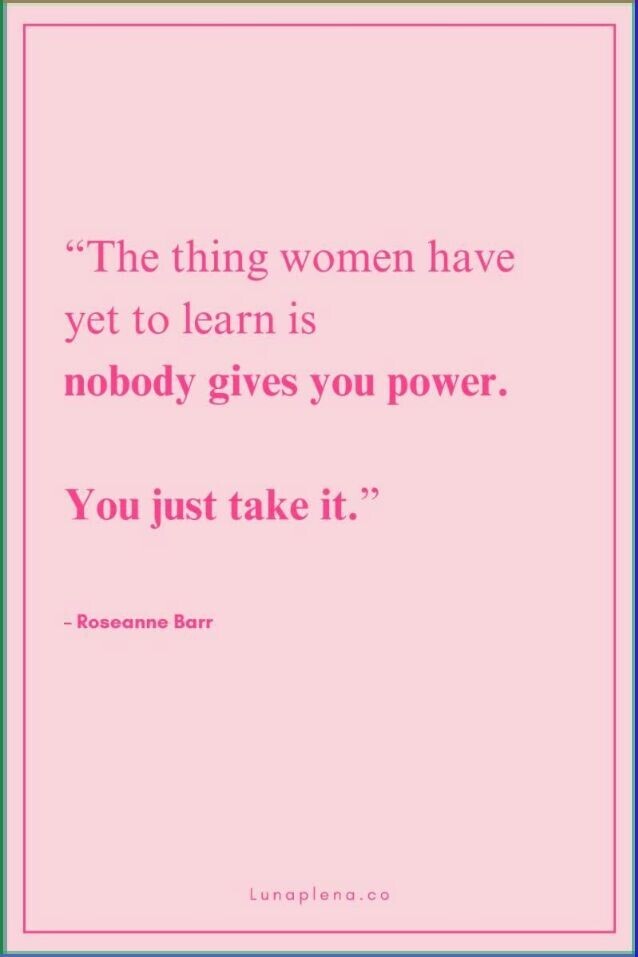
Picture Source: Pinterest
Public Service Announcements (PSAs) have become a powerful medium for addressing sensitive topics such as consent, particularly in culturally complex contexts like those experienced by young South Asian women. These campaigns hold a unique position in fostering critical cultural conversations by challenging traditional norms and encouraging a more inclusive, empathetic approach to understanding personal boundaries and agency.
Historical Context: Traditional Narratives and Their Impact
Historically, many South Asian cultures have been rooted in patriarchal norms, where discussions about consent, especially regarding women’s autonomy, have often been considered taboo. Traditional narratives emphasized women’s roles as submissive and compliant, with limited personal agency, particularly in matters of sexuality and relationships. These cultural dynamics have contributed to a lack of open dialogue around consent, leaving young women ill-equipped to advocate for their boundaries or recognize violations of them.
For instance, traditional cinema often depicted women as passive participants in relationships, reinforcing harmful stereotypes. This cultural backdrop makes the role of PSAs even more significant—they offer a much-needed counter-narrative by introducing discussions about consent into the mainstream.
Media as a Catalyst for Change
PSAs serve as a bridge to shift perceptions of consent within South Asian communities. By using relatable storytelling and culturally resonant imagery, these campaigns create a safe space for dialogue. One example is campaigns that redefine consent through analogies, such as the globally popular “Tea Consent” video, which has been adapted in various South Asian contexts to illustrate the simplicity and clarity of consent.
In South Asia, PSAs backed by organizations like UN Women and Breakthrough India focus on empowering young women to understand and vocalize their boundaries. These campaigns employ direct messaging and culturally specific storytelling to resonate deeply with their target audience, breaking the silence on topics often cloaked in shame or guilt.
Case Studies: Transformative PSA Campaigns
One noteworthy example is the #ShareYourStory campaign by the South Asian Women’s Network, which encourages survivors to share personal experiences about consent violations. By amplifying real voices, this campaign fosters solidarity while educating viewers about the emotional and societal impact of dismissing consent.
Another impactful PSA is Consent: It’s a Yes or No, which aired across digital platforms in India and Pakistan. This campaign used scenarios relatable to young women, such as navigating relationships and peer pressure, to underline that consent must be explicit and enthusiastic, irrespective of cultural expectations or gender norms.
Storytelling in Empowerment
Storytelling has always been central to South Asian cultures, making it a powerful tool for advocacy in PSAs. When PSAs include narratives reflecting the everyday lives of young women, they foster empathy and understanding among audiences. For example, a PSA that portrays a college student navigating her first relationship can help normalize discussions about consent and provide practical tools for young viewers to assert their boundaries.
The storytelling in Akaash Vani, a Bollywood film, mirrors this approach. Vani’s traumatic experience of assault emphasizes the dire consequences of dismissing consent, resonating with viewers who may have faced similar struggles. Integrating such impactful narratives into PSAs ensures the message reaches broader audiences and encourages introspection.
Challenges in Changing Perceptions
Despite their potential, PSAs face significant challenges, including societal resistance and cultural backlash. Traditionalists often dismiss these campaigns as “Western influences,” undermining their credibility. Moreover, many young women struggle to reconcile the modern ideals of consent advocated in PSAs with familial and societal expectations rooted in tradition.
Role of Influencers and Activists
Influencers and activists play a critical role in amplifying the reach of PSAs. Figures like Malala Yousafzai and South Asian feminist collectives use platforms like Instagram and YouTube to advocate for consent education. By sharing personal stories and creating relatable content, they bridge the gap between grassroots activism and mainstream awareness campaigns.
Evaluating Impact: Data and Feedback
Surveys conducted by organizations such as Breakthrough India show promising results—campaigns that incorporate culturally nuanced messaging are more effective in shifting attitudes. For example, a post-campaign study on Consent: It’s a Yes or No revealed a 30% increase in awareness about the importance of verbal consent among young South Asian women aged 18–25.
Future Directions
The evolution of PSAs lies in further integration of technology and storytelling. Interactive campaigns leveraging social media platforms, augmented reality, and gamification can engage younger audiences effectively. Additionally, incorporating regional languages and folklore into PSAs will ensure messages resonate across diverse South Asian communities.
For young South Asian women, the continued development of PSAs offers hope for a future where conversations about consent are normalized, empowering them to reclaim their narratives and advocate for their rights.
By redefining consent education through culturally attuned storytelling, PSAs have the potential to challenge deeply rooted taboos, making room for a more equitable society. These campaigns are not just tools for awareness—they are catalysts for cultural change, offering young South Asian women the knowledge and confidence to navigate their relationships with autonomy and respect.
No Responses